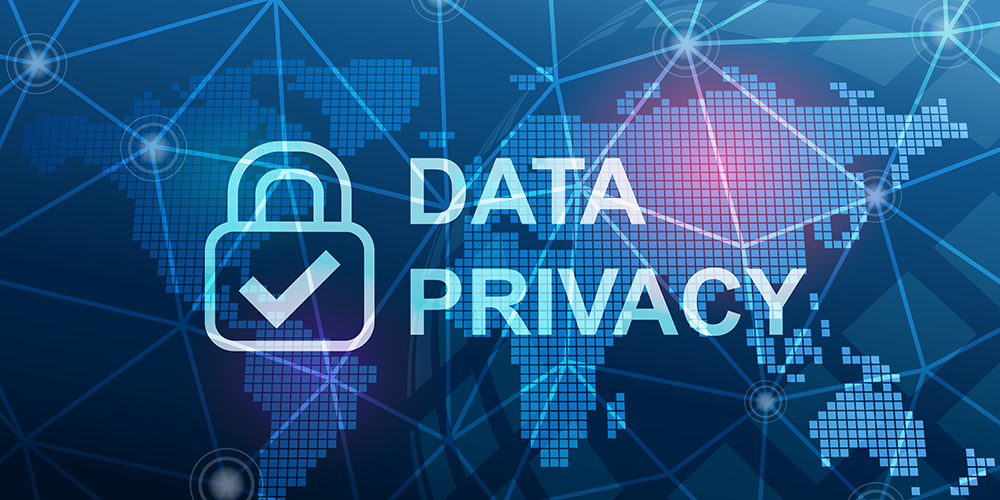In our digital age, gathering information online is anything but difficult. It is imperative for both to keep information from landing in the wrong hands. Read on to learn about the crucial need to keep data safe, the threats to data privacy, and what to do about it.
The Importance of Data Privacy
A basic definition of data privacy is keeping confidential data confidential online and on computer systems. Privacy of information applies to collected personal information including medical and financial records, customer payment data, and customer data obtained from websites. Medical and financial data especially are subject to stringent regulations on access and security, and many companies indicate on their website how they use customers’ data in the course of business (if they don’t, they should). Personally identifiable data can be kept safe through encryption, and multi-factor authentication–for example, a password and at least one security question.
Awareness of Threats to Your Data
Ideally, basic measures to keep data private would be enough. But both existing and new threats continue to increase. For example, in recent years automated calls (“robocalls”) have proliferated, increasing more than tenfold in the last few years. Of the three to five billion robocalls each month, at least 40% are thought to be fraudulent. And phone calls are just one way bad actors attempt to steal your data. Phishing schemes via text or email can also be a way to get unsuspecting recipients to give up personal data that can be used for fraud or even penetrating company computer systems with malware. According to CompTIA, phishing scams account for more than 80% of security incidents, and users are often the “weak link” that allow the attacks to happen.
How to Protect Your Data
Even with threats escalating, you can protect your company’s data, customers and reputation. The FCC has recently addressed robocalls with STIR/SHAKEN, a technology framework designed to reduce fraudulent robocalls including ones using “spoofing” to mimic a legitimate phone number. Fraudulent calls will be designated as “potential spam,” which helps keep recipients from being tricked into giving up personal information. Along with STIR/SHAKEN, making your staff aware of phishing emails and texts can keep them and your business from possibly giving fraudsters valuable information. Phishing emails can often appear as urgent requests for help or information, or threaten consequences if the recipient doesn’t act. These emails should be reported, and then deleted, to remove the danger of clicking a dangerous link and introducing malware into your computer system.
While threats continue to grow, there are ways to protect your business. For help in protecting your confidential data, contact us today.

